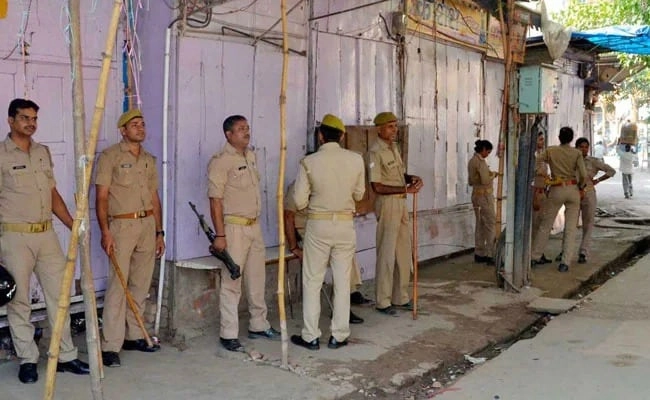Aaditya Thackeray recently addressed the media regarding the plea made by Disha Salian’s father, which he perceives as an attempt to malign his family’s reputation. The context surrounding this statement is rooted in the tragic circumstances of Disha Salian’s untimely death, which has been a subject of intense speculation and debate in the public domain. Salian, who was a prominent talent manager, passed away in 2020, and her death has been linked to various conspiracy theories, particularly in the wake of the subsequent passing of Bollywood actor Sushant Singh Rajput. These events have fueled public interest and scrutiny, often leading to sensational narratives that involve high-profile individuals and political figures.
In his remarks, Thackeray emphasized the emotional turmoil that families endure when faced with such tragedies and how the ongoing speculation can exacerbate their grief. He expressed concern that the plea from Salian’s father may not only distract from the real issues at hand but could also be misrepresented in a way that casts his family in a negative light. Thackeray’s comments reflect a broader sentiment among public figures who face the dual challenges of personal loss and the relentless nature of media scrutiny. He called for sensitivity and respect for the families involved, urging the public and the media to focus on understanding the circumstances surrounding such cases rather than indulging in baseless accusations.
Moreover, Thackeray’s statement highlights the complex interplay between tragedy, media narratives, and the political landscape in India. The involvement of high-profile individuals in these tragic stories often leads to a chaotic blend of facts, rumors, and personal agendas. As a result, families like that of Disha Salian may find themselves caught in a web of public speculation that is not only damaging but also far removed from the truth. Thackeray’s plea for restraint is a reminder of the need for compassion in times of grief, as well as the responsibility that comes with sharing narratives in the public sphere. Moving forward, it is crucial for all parties involved to engage in a more thoughtful and considerate dialogue around such sensitive issues, ensuring that the focus remains on healing rather than sensationalism.




